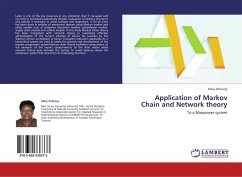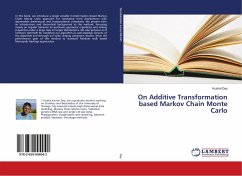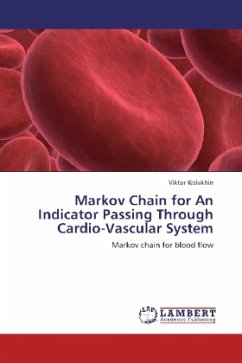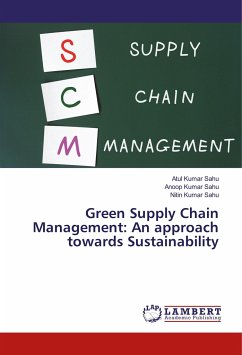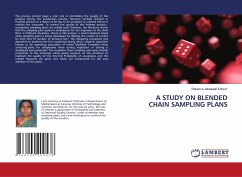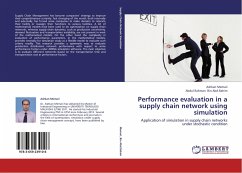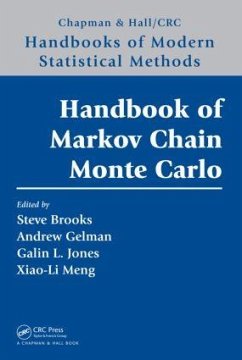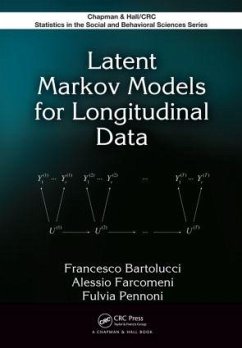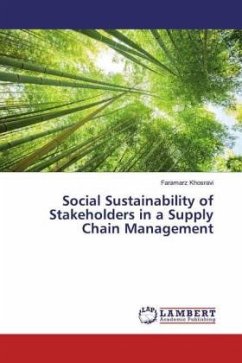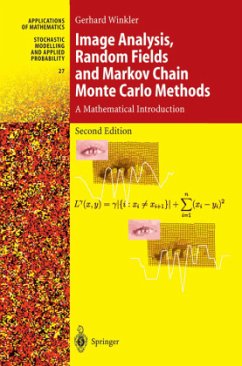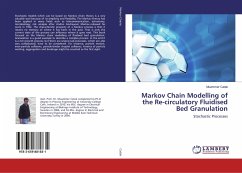
Markov Chain Modelling of the Re-circulatory Fluidised Bed Granulation
Stochastic Processes
Versandkostenfrei!
Versandfertig in 6-10 Tagen
47,99 €
inkl. MwSt.

PAYBACK Punkte
24 °P sammeln!
Stochastic models which can be based on Markov chain theory is a very valuable tool because of its simplicity and flexibility. The Markov theory has been applied in many fields such as telecommunication, astronomy, microbiology, risk analysis after Andrei Andreyevic Markov released his work in 1922. The characteristic property of a Markov process is that it retains no memory of where it has been in the past. That is only the current state of the process can influence where it goes next. This book focused on the Markov chain modelling of fluidised bed granulation. Granulation is a good example ...
Stochastic models which can be based on Markov chain theory is a very valuable tool because of its simplicity and flexibility. The Markov theory has been applied in many fields such as telecommunication, astronomy, microbiology, risk analysis after Andrei Andreyevic Markov released his work in 1922. The characteristic property of a Markov process is that it retains no memory of where it has been in the past. That is only the current state of the process can influence where it goes next. This book focused on the Markov chain modelling of fluidised bed granulation. Granulation is a good example to describe a complex process. In the end it is a net growth process, but there are several sub-processes, which are also very complicated, have to be considered. For instance, particle motion, inter-particle collisions, particle-binder droplet collisions, kinetics of particle wetting, aggregation and breakage might be counted as the first sight.



